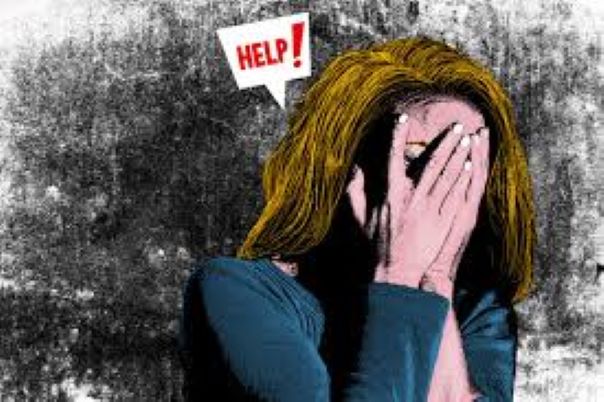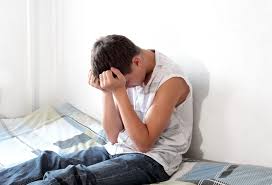Risk factors associated with adolescent suicide behaviour

Shruti Sharma
The myths about suicide that people believe and actual suicide attempts which happen, in adolescents are that they are just a bid for attention or “a cry for help.” Children who speak out or those who write about killing themselves are not paid attention to as they are seen as overly dramatic, which means they clearly don’t mean it. But actually a threat of suicide given by these children should never be dismissed, by their parents, friends and to whosoever they talk about the same and should be taken very seriously.
As adults it is imperative to respond to and attend to these intimidation or threatening acts or behaviours and other warning signs in a serious and thoughtful manner. These threats don’t actually mean that an adolescent is going to attempt suicide but there is a possibility that something serious can happen and it’s a chance that we can’t take. Thinking about this helps to comprehend that what could be the factors that make an adolescents probability to consider or attempt suicide. What do we understand about adolescents who try to end their lives, or who actually kill themselves by suicide. Let us try to understand the risk factors that actually engage an adolescent in suicidal behaviour—and the protecting factors, or things that may reduce the risk.
Researchers report that a stressful life event often occurs before a suicide attempt for adolescents. Even though it is not the cause of suicide, these events occurring in an adolescent’s life may make them feel more vulnerable and contribute to a feeling of hopelessness and misery, or may cause them to become overwhelmed or act impulsively. Events such as breakups in relationship, parental divorce, death of a loved one, military deployment of a parent, academic failure, and physical/sexual child abuse are often cited as happening prior to a suicide attempt.
While these situations are experienced by most adolescents at some point in their lives, research suggests that many of these negative life events/ stressors in combination with a psychiatric disorder can to a great extent contribute to suicide risk and behaviours. A family history of suicide is of significant concern, as is a history of domestic violence, child abuse or neglect. A previous suicide attempt also increases the probability of another suicide attempt.
Alcohol use and abuse in adolescents lead to getting into a lot of trouble, having disciplinary problems at home and school, engaging in a lot of high-risk behaviours. It has also been found that adolescents who are struggling with their sexual orientation in an environment which is against or not respectful or accepting of that orientation may also have such thoughts of suicide. The issue with them is not whether he or she is gay or lesbian, but that the environment in which they live in will be judgmental, critical and unsupportive to them.
Adolescents those who feel lack of social support especially by their significant adults especially parents as well as peers, are found to be more lonely and tend to isolate themselves with lack of hope in their life and thoughts of ending their life seem the only way out of their struggles. Both in school and home the adolescents who are bullied are at an increased risk of suicide and suicidal behaviour.
The stigma coupled with asking for help has been there forever in most of the societies. Adolescents feel increasingly hopeless and helpless when they can’t express how sad or low they feel, with inappropriate guilt or shame, feeling worthless or low self-esteem are more likely to choose to hurt themselves or end their life. Although there are some vital protective factors available such as effective problem solving skills, for instance; being able to resolve conflicts in a passive way, being able to communicate and express their feelings to family and peers, a supportive family environment, have less access to harmful or lethal ways of suicide and relatively easy access to medication or psychotherapy are at a relatively lower risk of suicidal behaviour.
So if an adolescent is expressing his thoughts about killing self, it is important that we pay attention to why is he /she saying so or what is making them think of such extreme behaviour. Saying things like “I wish I was dead.” “I just want to disappear forever.” “Maybe I should jump off that building.” “I should kill myself.” When we hear such things, it is very essential to take it seriously and most importantly talking about the same with your adolescent.
The author, a PhD scholar, is consultant clinical psychologist at Manas Ganga Clinic, Noida


